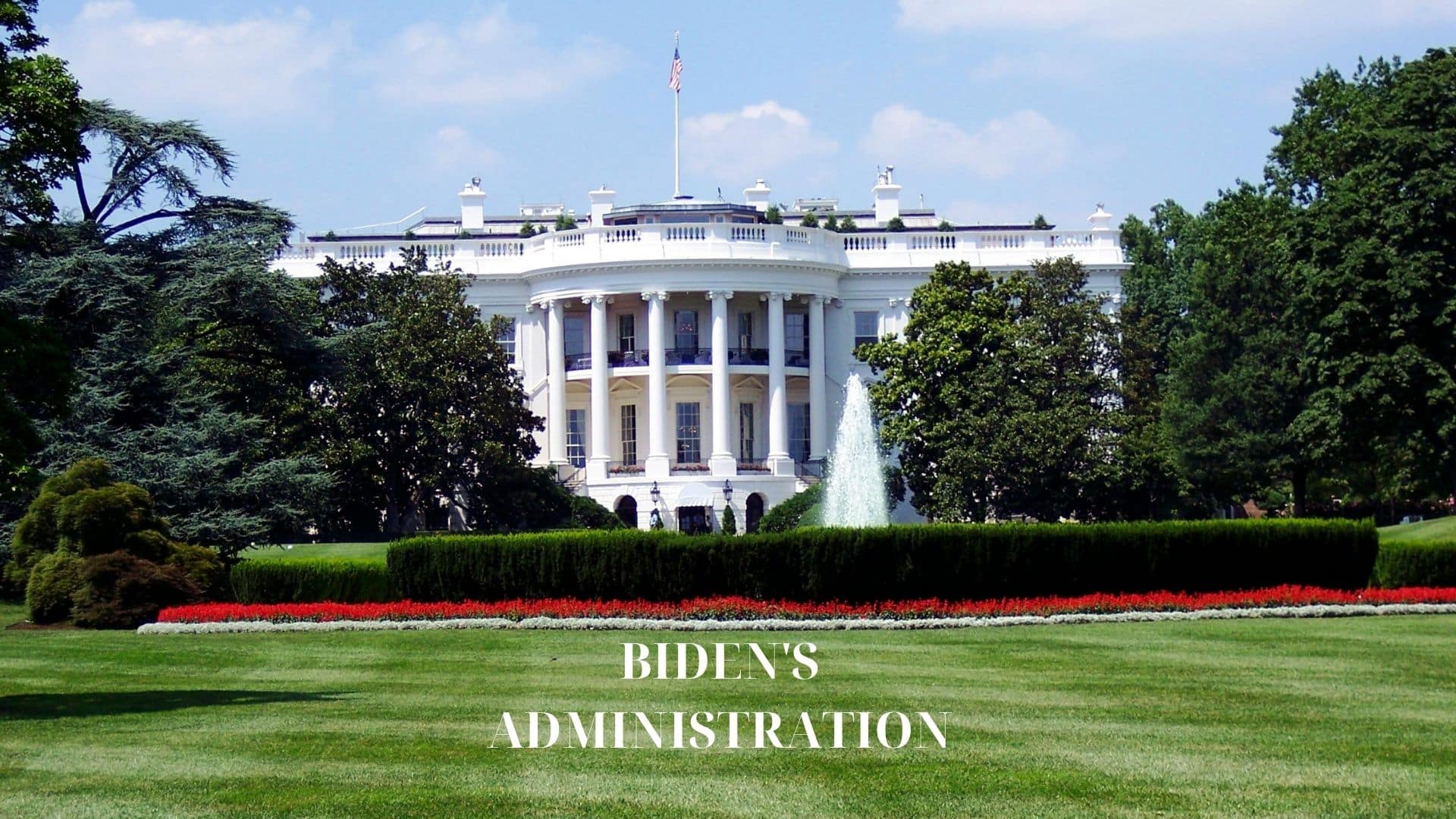
The Biden administration finalizes a sweeping IRS crypto reporting rule requiring platforms to track all transactions. Learn how this impacts the crypto industry.
Sweeping IRS Crypto Rule Finalized by Biden Administration
The U.S. Treasury and Internal Revenue Service (IRS) have issued sweeping new regulations requiring brokers facilitating digital asset transactions to report all user activity to the IRS. Scheduled for publication in the Federal Register on December 30, 2024, this rule mandates platforms, including decentralized finance (DeFi) services, to track sales of all digital assets, including non-fungible tokens (NFTs) and stablecoins.
Critics argue that the Biden administration’s regulation, which begins in 2027, overreaches legal boundaries and may face strong legal and Congressional opposition.
Key Provisions of the New Rule
The regulation broadens the definition of brokers to include decentralized exchanges, trading front-end platforms, and custodial wallet providers facilitating digital asset transactions. According to the IRS, these brokers will need to:
- Report gross proceeds from all transactions using Form 1099-DA.
- Maintain records for seven years.
- Verify the identities of users engaging in transactions.
The Treasury states that these measures are designed to align tax reporting for digital assets with existing requirements for traditional securities brokers, aiming to close the tax gap and increase market transparency.
Crypto Industry Reacts With Strong Opposition
The crypto community has responded with intense backlash. Bill Hughes, Senior Counsel at Consensys, described the rule as an unwarranted burden on platforms, particularly DeFi services. Hughes warned on X, formerly Twitter, that the regulation “applies to the sale of every single digital asset including NFTs and even stablecoins,” adding that legal challenges are inevitable.
Hughes further criticized the timing of the rule’s release during the holiday season, claiming it was strategically done to minimize public scrutiny.
Prominent lawyer Jake Chervinsky also weighed in, calling the rule “unlawful” and a final attempt by the current administration to restrict crypto innovations. He noted:
This rule is the dying gasp of the anti-crypto army… it must be struck down by courts or overturned by the incoming administration.
”Caitlin Long, founder of Custodia Bank, echoed these sentiments, warning that the broad language of the rule could impose IRS reporting requirements even on ISPs and web browsers, further complicating its implementation.
Legal Challenges and Political Shifts on the Horizon
The finalized rule is expected to face significant legal and political challenges. Critics claim it exceeds the Treasury’s authority under the Administrative Procedure Act, opening the door for lawsuits. The regulation will also undergo Congressional review, where lawmakers could potentially disapprove it.
This regulatory shift comes as President-elect Donald Trump prepares to take office on January 20, 2025. Trump’s administration has pledged to adopt pro-crypto policies, signaling a major departure from the Biden administration’s stance. His proposed initiatives include establishing a national Bitcoin reserve and ensuring banking access for cryptocurrency firms.
What This Means for the Crypto Industry
If implemented, the new IRS rule could fundamentally reshape the cryptocurrency industry in the United States. Critics argue that it will impose significant compliance costs on platforms, stifle innovation, and potentially drive crypto businesses overseas to avoid stringent reporting requirements.
Proponents, however, argue that the rule is necessary to close loopholes in crypto tax reporting and enhance transparency. They believe it will level the playing field between digital and traditional financial markets.
Next Steps for the Crypto Community
The crypto industry is preparing for legal battles to challenge the regulation’s legality. Meanwhile, crypto businesses are urged to evaluate their compliance frameworks to prepare for potential changes.
Stay informed about how the IRS crypto reporting rule could affect the digital asset landscape. Monitor updates, consult legal experts, and adapt to regulatory shifts to safeguard your investments and operations.